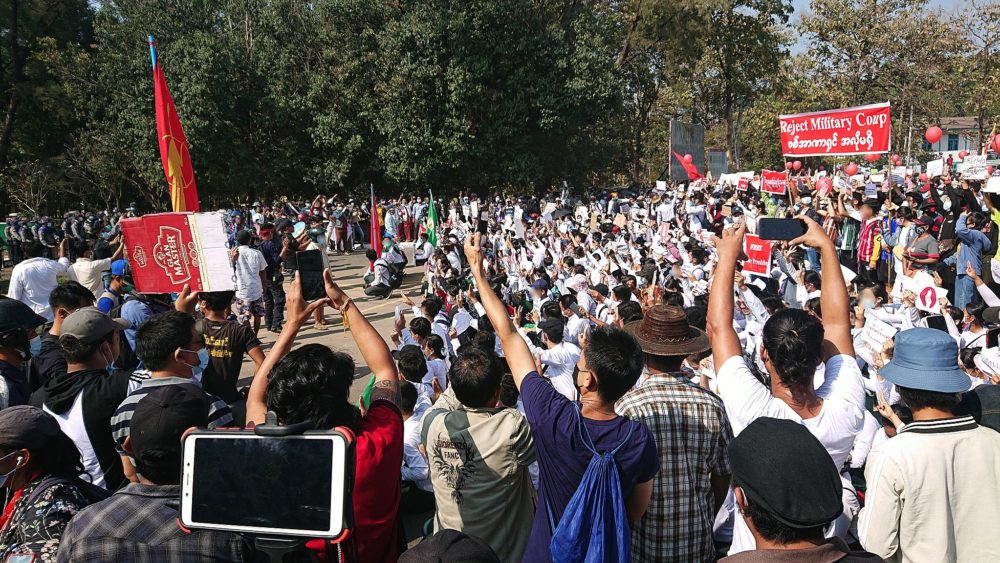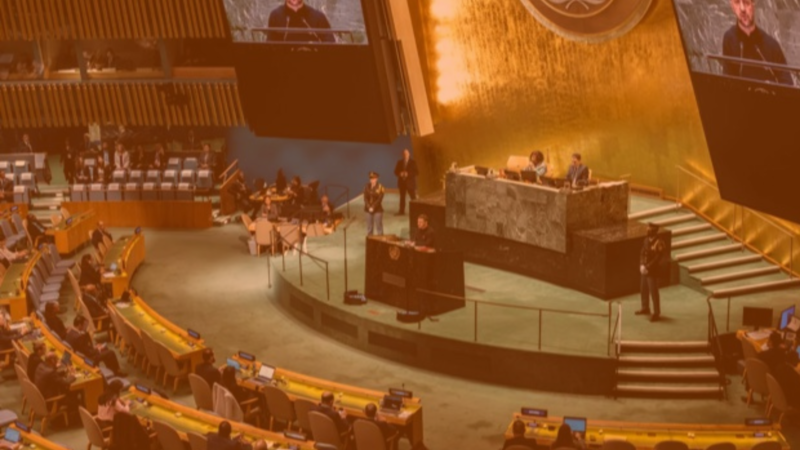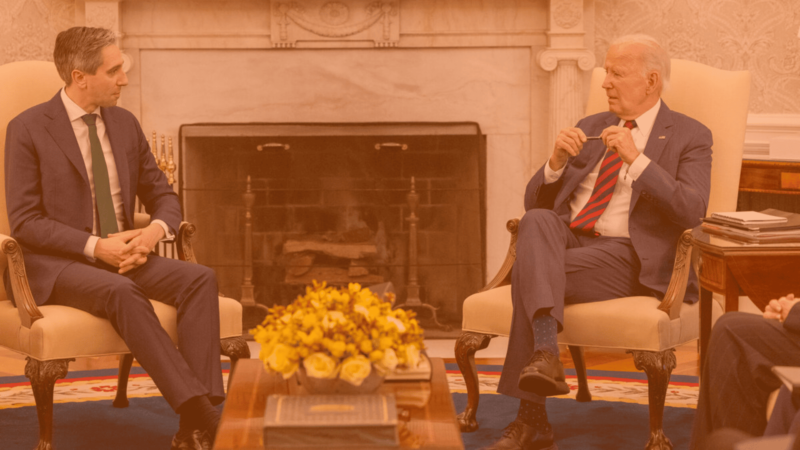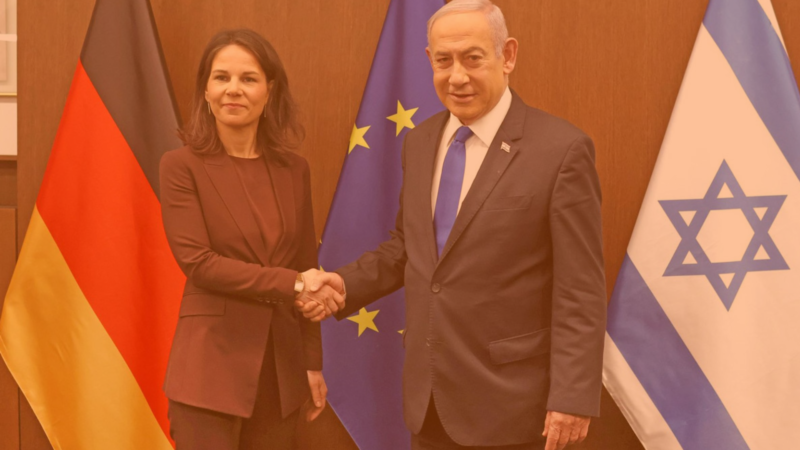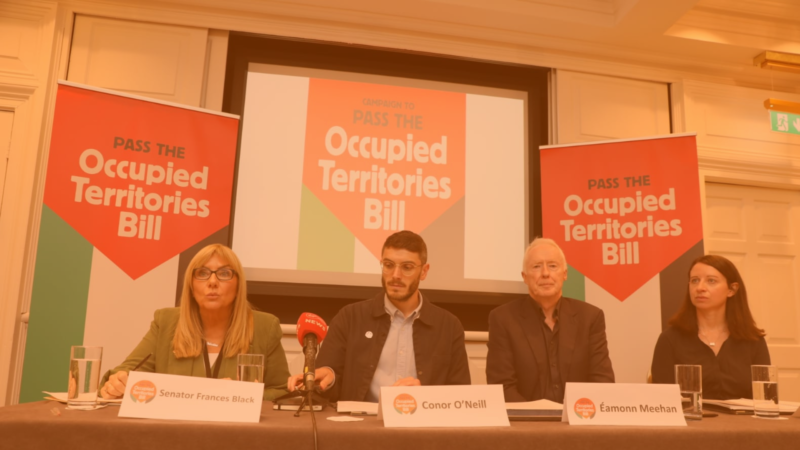From the brutal crack-downs in Myanmar and Hong Kong to the inequity of resource allocation under COVID-19, violence has become less the aberrant exception than the flagrant corollary of ‘business as usual’
The pace of repression across the globe is now so unremitting it is hard to tabulate, much less to process psychologically. Slavoj Žižek has distinguished three types of violence — subjective (which is generally overt; `the man with the gun’); symbolic (which is encoded in language), and systemic (enacted in and by economic structures and institutions). While traditionally only the first was acknowledged within the ideology of liberal individualism, now all three are apparent to all.
The continuous news feed compels spectatorship of the brutalisation of others, even as neoliberal economies confer degrees of oppression in all global locations. We are simultaneously shamed by the violations we witness by the perpetrators of violence on the one hand and inspired by the courage of protestors in the direct line of fire on the other. As UN Special Rapporteur on Human Rights in Myanmar observes, “you see the very best and the very worst of our humanity unfolding as we speak”. Where and how does the pervasiveness of violence in its many forms place us regarding the challenges which are now so numerous and so acute?
The scope and spread of coercion in neoliberal societies
The breadth and reach of coercive practices and policies is now so pervasive that it is easy to miss shifting dynamics in the escalating erosion of basic rights. No longer is it only peaceful protestors who are the target of state assaults. As attested by the proactive police harassment of families and ordinary people who were simply walking in a piazza of Athens last week, you can be the target of assault even when you are not protesting at all. As Yanis Varoufakis notes, this shameful episode represents: “a clear attempt by the government to provoke violence in order to change the conversation.”
The aim is to deflect attention from public policy, or the lack thereof, in the current period of a public health crisis. The strategies — as well as fact and process — of violence need to be consistently monitored. The violence of sectional interests in neo liberal societies is hydra-headed. This means it continues in forms which while overt in some contexts, can be difficult to detect in others. The violence belied by ostensibly neutral terms of linguistic practice (i.e. the symbolic variety described by Žižek ) can become so normalised that we become inured to it. At the same time, entities such as ‘the state’ — which while encompassing complex processes are also familiar — metastasise in insidious ways (as the activity of the `deep’ state illustrates).
How do we maintain and hone attention to the deployment of power — from state and corporate to linguistic practice — in the face of such complexity? Yanis has made a distinction between simple and simplistic analysis. While complexity abounds, the key issue is asymmetrical power and ‘the gist of it is really very simple’. With that salutary reminder, we need to retain a laser-like focus on the permutations and combinations by which the asymmetry of power is enabled (in order, of course, to combat it).
From the dual state to the deep state: concealment and revelation
In his study of the jurisprudence of the Third Reich, Ernst Fraenkel delineated the concept and functions of ‘the dual state’. This hybrid state comprised the ‘normative’ state (by which pursuit of government policy operated according to rules) and the `prerogative’ state which superseded it (where no such constraints applied).
The pioneering concept of the dual state provided the first account of the mechanisms by which raw power could be exerted behind and above standard principles of the rule of law. As such, it foreshadowed the contemporary `deep’ state, whereby corruption proliferates and operates with impunity.
In his 2020 text Kleptopia, Financial Times investigations correspondent Tom Burgis details the vast network of unchecked money flows which ensure that ostensibly democratic countries — as well as outright dictatorships — function in alignment with oligarchical preferences at the literal expense of the public interest. Burgis also wrote the award-winning text The Looting Machine, which addresses the modern plundering of Africa.
We are encouraged to respect elected governments and ‘the rule of law’. But what happens when the state has been hijacked by corporate interests, and the process of defrauding is unchallenged by the laws we are required to uphold?
Following the money
“It’s been a long time since I’ve known what was proper or improper.” He smiled.
“Only whether it suits me or not.”
— Mario Vargas LLosa, Conversation in the Cathedral
The above remarks are made in the context of the purchase of shares (which within the structural arrangements which uphold their exchange, we know can be sold at far more than their purchase price within short periods of time). While ideological differences clearly remain crucial, the massive and escalating inequality within and across diverse societies shows that they can also be manipulated and literally capitalised upon. Greed can transcend partisan affiliations.
Calling out “[t]he dishonesty and double standards of democratic countries [which] have powered the rise of autocratic myth-makers elsewhere”, European diplomatic correspondent Michael Peel identifies ‘a basic lack of decency’ which goes `far beyond any question of pro- or anti-Western ideology’. This is together with hypocritical praise for an international `rules-based system’ which `seemed to exist only to the extent that those who controlled it found it helpful for themselves and others to obey’.
From systemic exploitation of others to the trashing of truth, Trump merely tore the fig-leaf of respectability from standard US administration and practice. Revealing in this context is the contempt of an unidentified aide in the Bush presidency nearly two decades ago for ‘the reality- based community’ (`We’re an empire now, and when we act, we create our own reality’).
With respect to the transnational trough of exorbitant greed — in which the corresponding money flows are unimpeded by the normative rules to which whole populations are required to adhere — corruption and absence of accountability are themselves part of the currency and `stock in trade’. Ideological difference can serve as a smokescreen behind which oligarchical transactions continue unabated.
Ethics and internationalism
Yet the blatant brutality of the violence against peaceful populations in diverse parts of the globe — perpetrated by national `security’ agencies against their own people — is also now revealing an aspect of power which is generally less visible. This is the more covert structural violence which sustains it and which is ordinarily not on display.
That overt violence is being enacted simultaneously in diverse geographical locations also graphically reveals that concerted military assaults on unarmed members of the public are not the aberrations of ‘national’ governments alone. Rather they are the product of systemic international processes which proceed ‘quietly’ beyond public purview until military means are required for them to be maintained.
The scale and scope of the overt violence is now leading to this dual recognition. As the UN Special Rapporteur on Human Rights in Myanmar said last week (and as also applies in relation to Hong Kong, Belarus, and any number of diverse locations) the current violence “requires a unified response that is outside of the context of geopolitical backgrounds… no matter where you’re from and no matter what your ideology is.” Coordinated arms embargoes are required internationally because `what is happening in Myanmar is abhorrent and it has to stop’. As noted in the recent article from the Progressive International:
“[t]he people interviewed span a range of ages, ethnicities, and political views, and in ordinary circumstances they might struggle to agree on politics. Yet the desire to overthrow dictatorship has evoked a rare unity among the public.”
In a recent interview Žižek referred to his prior hope that the pandemic might lead to a pause in the waging of new military conflicts (a hope, he said, which showed his vestiges of humanism!). The pandemic — which has so graphically highlighted the disparities of global inequity — has not only not served as a brake on militarism. Neither has it served as disincentive to overt government assaults on their own people.
The evidence of this is chilling and it is before our eyes. It requires an internationalist `following of the money’ to disrupt the often covert supply of arms which enables the overt violence now being perpetrated by governments in the form of targeted massacres against their own peacefully protesting citizens.
The views and opinions expressed here are those of the author and do not necessarily reflect DiEM25’s official policies or positions.
Photo Source: Wikimedia Commons.
Do you want to be informed of DiEM25's actions? Sign up here






